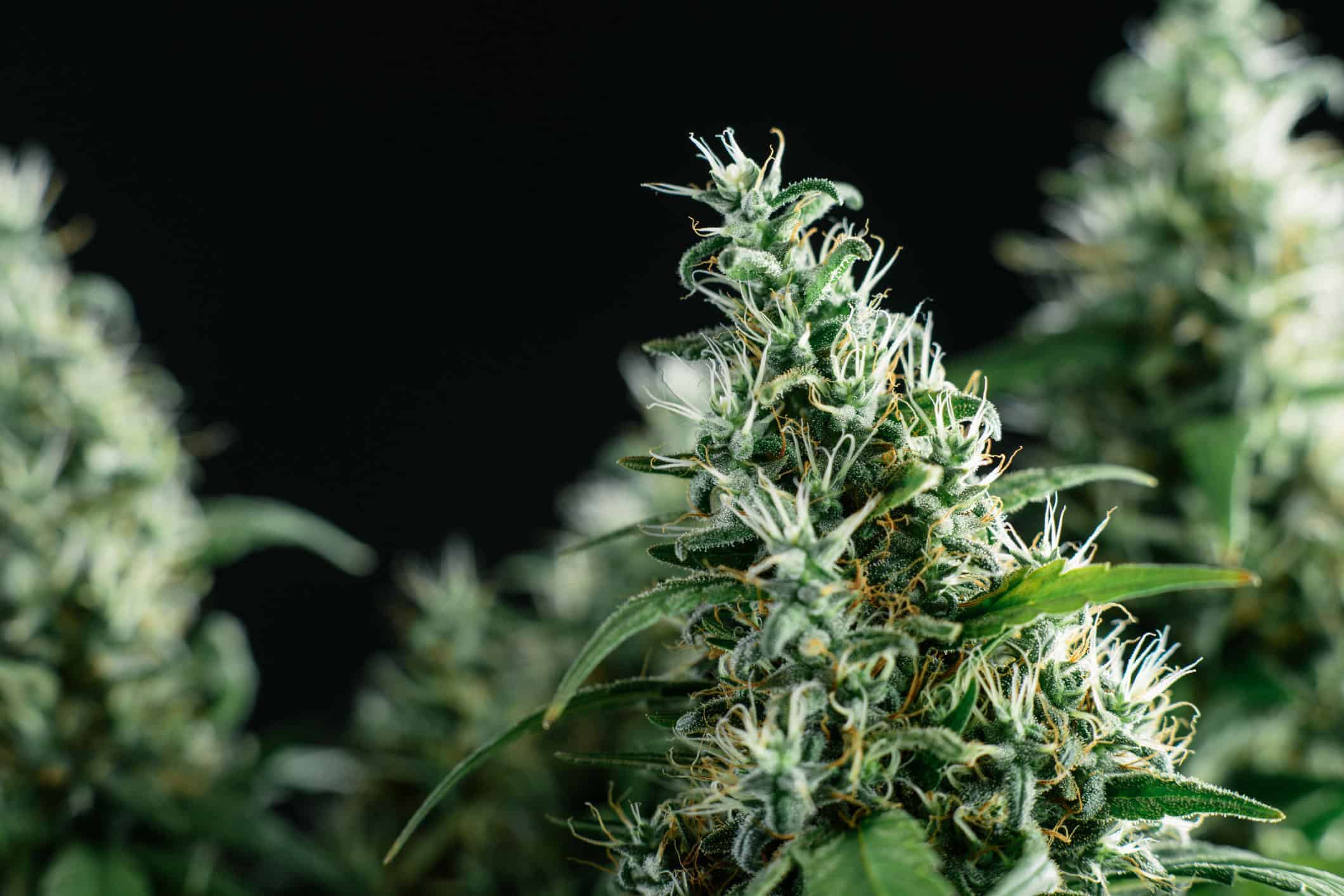Cannabis News: Further Delisting of Cannabis and Licensing of Hemp Operations
Industry Focus
Others
Thought Leadership
20 Jan 2021
As we continue to await the Thai Food and Drug Administration’s (TFDA) promulgation of its medical cannabis application guidelines, Thailand has recently taken two additional steps to support the nascent cannabis and hemp industry in the country. The first of these moves was a series of notifications from the Thai Ministry of Public Health (TMOPH) to further clarify the 2019 amendment to the Narcotics Act that initially paved the way for cannabis liberalization in the kingdom. This was followed by the announcement that in late January 2021, Thailand will begin accepting applications for licenses to produce, import, export, distribute, and possess hemp (Cannabis sativa).Clarification of Delisting from the Narcotics ActCannabis (both marijuana and hemp) has been classified as a Category 5 Narcotic since the enactment of the Narcotics Act in 1979. All activities related to the plants and their derivatives had been wholly restricted until the amendment to the Narcotics Act in February 2019 to legalize medical marijuana. The Thai government has since been working to reclassify cannabis products and lay out the regulatory pathways to accommodate these new “economic plants.” A notification in August 2019 further carved modern drugs, cosmeceuticals, nutraceuticals, cosmetics, and food containing hemp or a certain amount of CBD out of the scope of Narcotics Act.
The most recent TMOPH notifications, from December 2020, expanded the delisting of cannabis from the Narcotics Act to include most parts of the cannabis plant, as set out below.
Of course, the Narcotics Act and its notifications must be reviewed carefully by anyone seeking to take part in his industry, and items that are conspicuous by their absence must be well noted and carefully avoided. For example, while the above component parts of cannabis and hemp no longer fall within the law’s definition of narcotics, marijuana seeds, buds, leaves and cannabis inflorescence (the complete flower head) remain listed as narcotics.
More importantly, the exemption only applies to cannabis cultivated locally in Thailand. Foreign participants are effectively precluded from any direct participation in an approved cannabis business until February 20, 2024—five years from the date of the original delisting. This means that only the Thai government and its partners have standing for a commercial license in regard to marijuana, but a non-commercial license (e.g., for research and development) may be issued to other Thai applicants.
The recent TMOPH notification delisted other plants previously identified as category 5 narcotics, including kratom plants such as Mitragyna speciosa (Korth.) Havil, opium plants such as Papaver somniferum L. and Papaver bracteatum Lindl., and Psilocybe cubensis fungi, which contain psilocybin or psilocin. Further notifications on these substances are expected in due course.Licensing Hemp Production, Import, Export, and DistributionOn January 29, 2021, Thailand will begin processing applications for licenses to produce, import, export, distribute, and possess hemp (Cannabis sativa). As detailed in a ministerial regulation published in the Government Gazette on December 30, 2020, a license for any of these activities may be issued to meet one or more of the following objectives:
Type of Plant | Detailed Components |
Marijuana (plants in the cannabis family) | Stalks, stems, fibers, branches, roots, leaves without the tip and inflorescence, extracts comprising CBD with less than 0.2% THC by weight. |
Hemp | Stalks, stems, fibers, branches, roots, seeds, seed oils, seed extracts, leaves without the tip and inflorescence, extracts comprising CBD with less than 0.2% THC by weight, and residues from extraction with less than 0.2% THC by weight. |
- Furthering the aims of a state agency;
- Use of hemp fiber in accordance with culture, lifestyle, or household use, with a cultivation area limited to a maximum of one rai (1,600 square meters) per family;
- Commercial or industrial purposes;
- Medical purposes;
- Study, research and development, or improvement of a hemp strain; or,
- Production of certified hemp seeds.
Latest Chamber News
- Industry Focus




